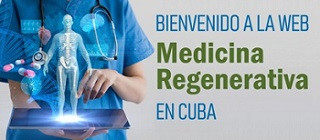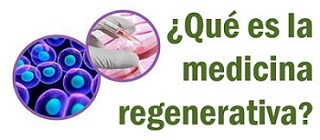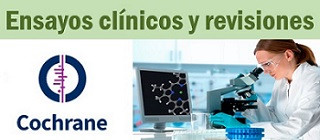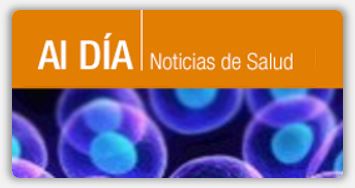State of the Art in Stem Cell Research: Human Embryonic Stem Cells, Induced Pluripotent Stem Cells, and Transdifferentiation. J of Blood Transf. 2012
State of the Art in Stem Cell Research: Human Embryonic Stem Cells, Induced Pluripotent Stem Cells, and Transdifferentiation.
Volume 2012 (2012), Article ID 317632, 10 pagesdoi:10.1155/2012/317632
Giuseppe Maria de Peppo and Darja Marolt
Abstract
Stem cells divide by asymmetric division and display different degrees of potency, or ability to differentiate into various specialized cell types. Owing to their unique regenerative capacity, stem cells have generated great enthusiasm worldwide and represent an invaluable tool with unprecedented potential for biomedical research and therapeutic applications. Stem cells play a central role in the understanding of molecular mechanisms regulating tissue development and regeneration in normal and pathological conditions and open large possibilities for the discovery of innovative pharmaceuticals to treat the most devastating diseases of our time. Not least, their intrinsic characteristics allow the engineering of functional tissues for replacement therapies that promise to revolutionize the medical practice in the near future. In this paper, the authors present the characteristics of pluripotent stem cells and new developments of transdifferentiation technologies and explore some of the biomedical applications that this emerging technology is expected to empower



